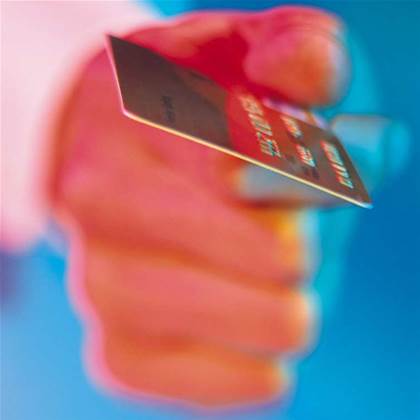
The rollout will begin in London focusing on seven postcodes, including The City and Canary Wharf. The initiative will then expand across the capital, followed by a gradual upgrade across the country next year. The banking industry estimates that more than five million contactless cards will be issued by the end of 2008.
According to Apacs the scheme, which works in the same way as London’s Oyster travel card, will mean shorter queues in shops and cafes, less cash-handling costs for banks and increased convenience for consumers.
Customers making a contactless payment are not routinely required to enter their PIN number, but will be asked for it randomly to boost security. A spokesperson for Apacs said: “There's a counter inside the chip.
After six or seven transactions - or any suspicious spending, say five quick transactions of £9 each - the Pin will be requested.” She also said that the £10 spending limit on the cards makes them unattractive to fraudsters.
Financial organisations confirmed to participate in the first phase of the launch include Barclaycard, Halifax, HSBC, Lloyds TSB and the Royal Bank of Scotland.
Participating outlets will include fast-food retailers, coffee shops, newsagents, pubs and taxis.
MasterCard and Visa Europe are leading the rollout, and customers will be able to use the technology in other countries that have adopted the scheme, such as the US.
John Bushby, a general manager for MasterCard Europe, said: “Today we are giving Londoners a completely new way to pay for low value items with the launch of contactless payments. Our testing shows that consumers love the convenience, simplicity and security of being able to ‘tap and go’ when paying for everyday things.
”Jose San Juan, managing director of Visa UK, added: “Retailers will enjoy quicker transactions, the security of the payment guarantee and an end to the high cost associated with handling cash”











 iTnews Benchmark Awards 2026
iTnews Benchmark Awards 2026
 iTnews Executive Retreat - Security Leaders Edition
iTnews Executive Retreat - Security Leaders Edition
 iTnews Cloud Covered Breakfast Summit
iTnews Cloud Covered Breakfast Summit
 The 2026 iAwards
The 2026 iAwards












_(1).jpg&h=140&w=231&c=1&s=0)



